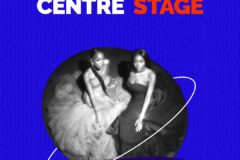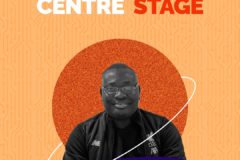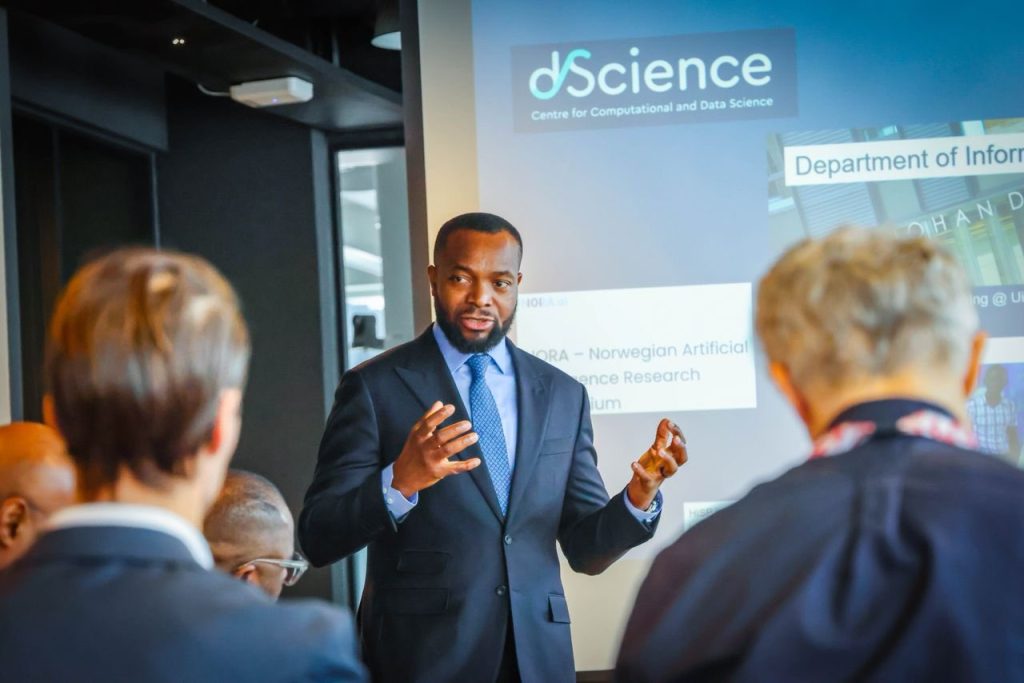Solape Akinpelu and I met for an early lunch at Eric Keyser on Sunday, April 11th. She had come straight from a video shoot powdered up, blushed, and dressed to impress.
Solape first caught my attention the day after TechCabal’s IWD newsletter went out to the world. Someone had responded to my call-out for more women to feature in our “African Women in Tech” series with Solape’s name and company information. In 2020, she launched HerVest’s inaugural web and mobile product. Yes, she launched an app in the middle of the global pandemic.
Solape talks CEO brain, financial branding, and switching careers
HerVest is Solape’s first venture into heading a company. Before launching HerVest, she worked at marketing agencies as a copywriter then moved to Meristem Securities to pioneer their Marketing and Communications (MarComms) department. Creativity runs deep in her veins – so how did she manage to retain the creative part of her mind when she made the switch to CEO?
“Since I started this CEO journey, my mind has been so noisy. And even though I really want to, I struggle to write as often as I used to before I threw myself fully into Hervest. Back in my copywriting and marketing days, it was easier to write because a larger portion of my brain was available to write creatively. My CEO brain is overworked.”
Note to aspiring founders and CEOs: Your creative side might suffer in the early stages of founding and running a business. Perhaps executives and leaders could benefit from seeking out creative peer mentors who can coach them through their transitionary periods.
CEO brain aside, Solape learned to use creative storytelling in campaigns and promotional copies when she was a full-time marketing copywriter. Marketing agencies with enterprise and corporate financial institutions as clients tend to play it safe with online and offline adverts. A bank wants to sound like a bank – stiff, wealthy, and powerful. Solape, however, held a different view:
“Financial branding is perceived not to be fun. It’s a different kettle of fish writing for financial brands than writing for PayTV or a cereal brand. When I presented my creative ideas in meetings, I would be patted on the back and reminded that financial companies needed to speak a different, more corporate language. So I had to learn and teach myself about financial branding – I even got myself a mentor.
But I always wondered why people thought financial branding wasn’t fun. I mean, we are talking about money here – it’s a beautiful story to tell. So, where people found financial literacy dull, grey and boring, I found colour. I found purple, floral and a way to tell beautiful stories around money.”
Pandemic baby, Targeting Women and Building community
Beyond finding purpose in financial branding, Solape noticed a worrying trend that lasted from the years spent at marketing agencies to her time in Meristem: financial institutions in the country were not targeting Nigerian women.
In Nigeria, an estimated 50% of the population lives in extreme poverty, and financial exclusion stands at 36% for women. These numbers will drop when more financial institutions and start-ups in Nigeria and on the continent invite a wider pool of women to the table.
Hey, what gives?
“During the mapping and planning process, I noticed that larger financial corporations hardly targeted women. I became curious about why the female market wasn’t being looked at or discussed in boardrooms. Women in Nigeria are not the core target audience for services such as investments and mutual funds. A genderless approach to financial branding will not work. Some of us must do the work of targeting women and getting them to adopt financial services, get included, and get greater access to resources and grants.”
If financial institutions are thinking about targeting women, they have to think about women. They can’t just cast a wide net and hope they catch as many of them as possible. They have to build for women. Not enough financial businesses are inventing and designing products that women need desperately. The final exclusion gap is one that Solape and her team at HerVest are working hard to plug.
“HerVest is a pandemic baby. I brought the idea to life last year and spent a lot of time asking women questions. My team and I hit the streets to ask women why they weren’t investing their money and adopting higher levels of financial services. It was an interesting experience for me. I learned two important truths: Women were willing to invest their money if the process was simple enough. Most of the women I spoke to revealed that they found investing money hard and purely patrilineal. The second truth is women love communities. Women confessed that if their girlfriends were on board the investment train, they would jump on it as well.”
HerVest is big on community and support. Women need to see other women being more intentional about how they spend their money. More African women need to be intentional about improving their financial well-being.
Advocating for financial inclusion in Nigeria
I’m bringing Solape Akinpelu to centre stage because her work at HerVest inspiring and relevant to our present economic climate. She not only talks the talk– she also walks the walk. She is using her platform to empower women to set smart financial goals and adopt higher financial services.
“Hervest is big on support because I am big on support. I learned about the value of excellent support during my time at Meristem. We aren’t just about acquiring users and counting numbers. We care deeply about how the women on our platform are faring.”
Solape is part of a small group of women who are building products for women. When it comes to the future of Femtech businesses in the financial industry, Solape believes that the future is bright.
“The women’s market is an untapped one– especially where financial services are concerned. This market is underwhelmed and underserved. There are 26 million women waiting to be served and Hervest alone cannot meet their needs. I believe greater impact can be made when more companies, like ours, work together, not against each other.”




















